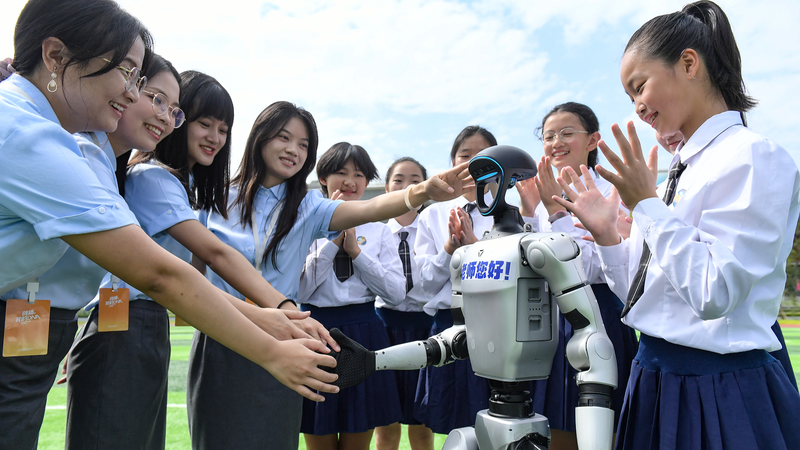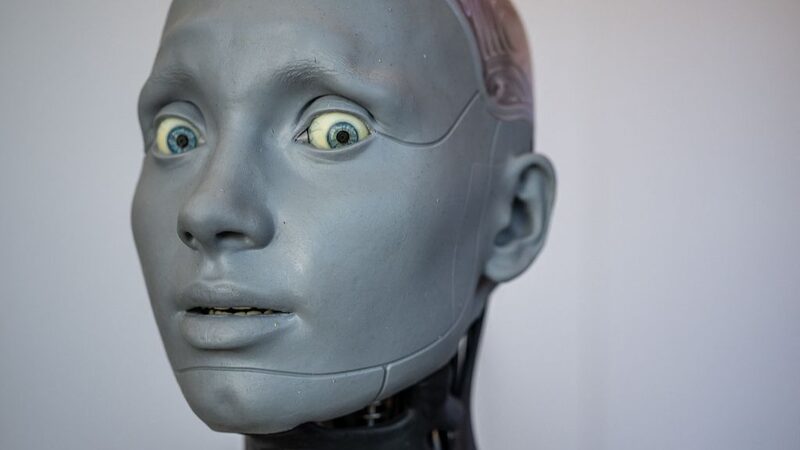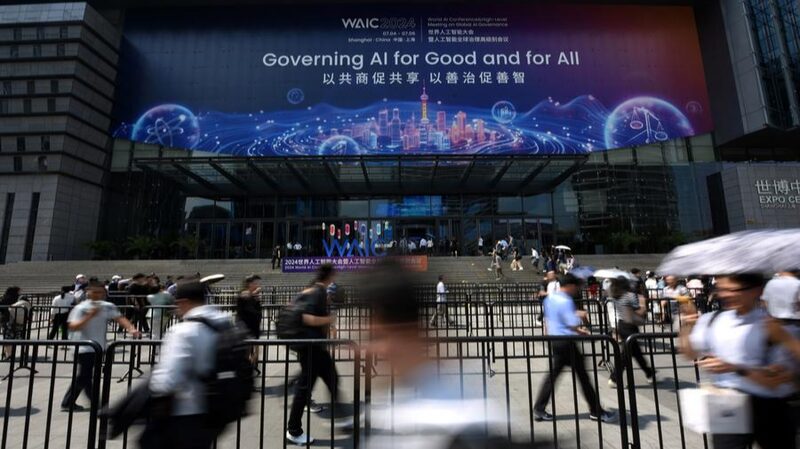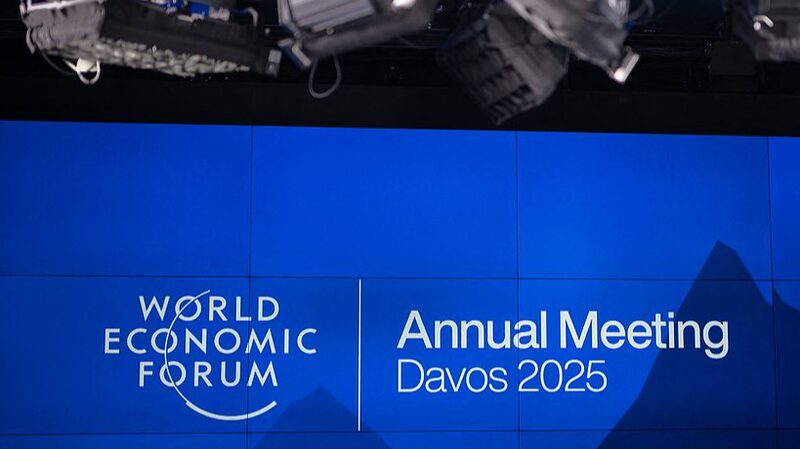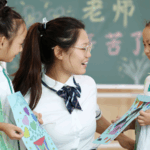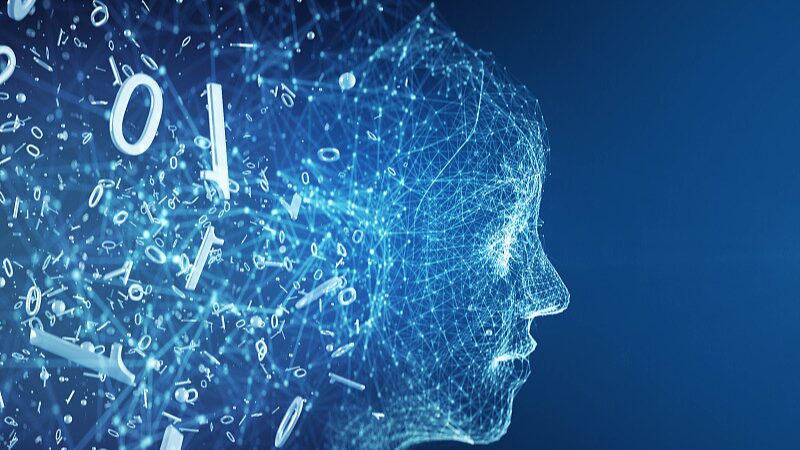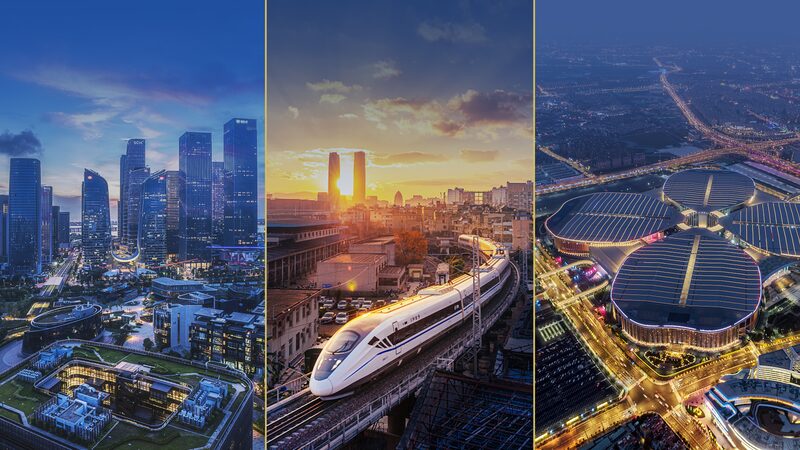As World Teachers' Day approaches on October 5, educators worldwide face an unprecedented challenge: artificial intelligence (AI) is rapidly redefining classrooms, curricula, and the very purpose of learning. While teachers remain central to fostering critical thinking, AI's accelerating adoption is forcing institutions to confront urgent questions about the future of education.
Hani Shehada, a regional manager at Education Above All Foundation's Al Fakhoora Program, observes this shift firsthand. "AI isn't knocking politely on academia's door – it's kicking it open," he notes. Universities that once monopolized advanced knowledge now grapple with AI tools capable of drafting essays, solving equations, and summarizing complex theories in seconds.
The tension between innovation and intellectual growth took center stage at recent UN General Assembly discussions. Panels like "Youth and AI: Risks and Opportunities" highlighted concerns that overreliance on AI could weaken students' problem-solving muscles. "The less we use our minds, the less capable they become," warns Shehada, emphasizing the risk of prioritizing speed over deep learning.
Yet AI also offers transformative potential. In refugee camps and conflict zones, Shehada has seen AI become a lifeline – providing access to lectures and resources otherwise unavailable. This duality underscores a critical balancing act: leveraging AI's accessibility while preserving the human-driven rigor that cultivates original thought.
As debates continue, one truth emerges: the teachers we celebrate today must evolve alongside technology, ensuring education remains a journey of discovery – not just a race for answers.
Reference(s):
cgtn.com
